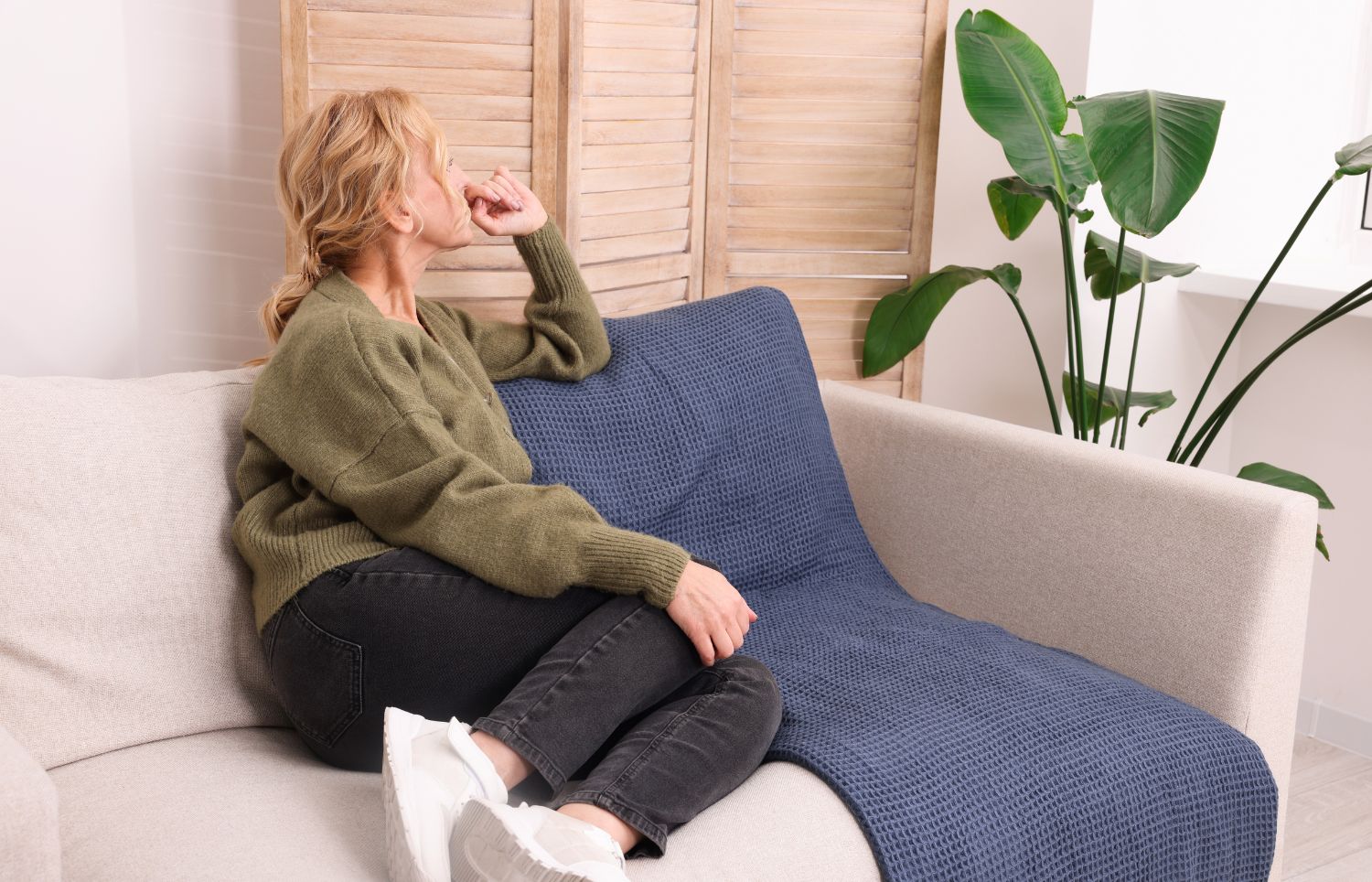There are several medications available which can help you to control your bladder and reduce wetting, these are called antimuscarinic or anticholinergic drugs. These medicines can help improve the symptoms of overactive bladder by relaxing the bladder muscles and reducing the number of contractions of the bladder wall. This should result in less trips to the toilet.
Anticholinergics
Anticholinergics medicines are available as tablets, as a liquid or as a patch. Like all medicines, they can sometimes have side effects, for instance a dry mouth or nausea, however, it is important that you follow your GP’s instructions and continue to take them for the duration of the course prescribed. All anticholinergics can take several weeks to work.
If you do experience side effects that become troublesome, you should go back to your GP to find out if there is an alternative medication that may be more suitable for you.
Oxybutynin hydrochloride
Oxybutynin hydrochloride is a medicine which is used to treat people with bladder problems such as nocturnal enuresis, incontinence and frequency which are caused by an overactive bladder.
It works by preventing spasms of the bladder muscle which can help to reduce the episodes of urinary incontinence or reduce the feeling of urgency that bladder spasms can cause. Oxybutynin hydrochloride may also help to treat bedwetting in children.
Oxybutynin hydrochloride is not suitable for everyone so it’s important that the person prescribing this medicine knows your full medical history.
Further Help
If you feel unwell or if you have concerns about a side-effect, you will need to seek advice. If you feel very ill, get medical help straight away. Contact your prescriber, pharmacist, nurse or call NHS non-emergency number on 111 (You should use the NHS 111 service if you urgently need medical help or advice but it’s not a life-threatening situation)








